When we hear the word "kefir," two associations typically come to mind: probiotic gut-friendly food and dairy. Even though milk kefir is well established in the Western diet, there is another type of kefir out there well-deserving of the spotlight, and that is Water Kefir!
This refreshing sparkling drink is packed with nutrients and gut-friendly probiotics, making it a perfect dairy-free alternative for those wanting to look after their gut-health.
Water Kefir 101
Water kefir is a raw probiotic sparkling beverage, traditionally fermented using water kefir grains, which are not grains at all but a SCOBY (symbiotic colony of bacteria and yeast), sugar and water. Kefir SCOBY is unique in its composition and resembles “grains”, hence the name kefir grains.
During the fermentation process sugar levels decrease as some of the sugar gets metabolised while gut-friendly cultures increase, resulting in a delicious, slightly sweet and tart sparkling beverage.
Water kefir naturally contains live probiotic cultures, beneficial enzymes, amino acids, vitamins and minerals; though, the nutrition of the finished beverage varies with ingredients used and chosen brewing method.
Origin of Water Kefir
Known by many names such as tibicos, tibi water, kefir aqua and water crystals, the origins of water kefir (pronounced keh-FEER) are something of a mystery. One theory is that it can be traced through the centuries back to Mexico, where its existence is thought to have originated in the sugar-saturated water of the prickly pear cactus.
Made to recipes that have been passed down from generation to generation, water kefir has been gaining popularity due to growing interest in traditional fermented foods and digestive health.
About 80% of the immune system is housed in the gut
A healthy gut contributes to a strong immune system
Water kefir is dairy-free and contains gut-friendly probiotics
Kefir Brewing Method
The simplest recipe requires only three ingredients: kefir grains, water and sugar. Dried fruit such as figs and apricots are sometimes added to provide additional nutrients to the SCOBY.
The fermentation process is usually carried out in two stages. First, the kefir grains are introduced into a mixture of sugar and water and left to ferment for 24 to 48 hours, followed by a second fermentation (without grains) with fresh fruit, herbs or various juices to achieve a different flavour profile.
Kefir typically has a short shelf life. It needs to be stored in the fridge to keep it from fermenting further and enjoyed within a few days of brewing.
To learn more about water kefir please visit our FAQ page.

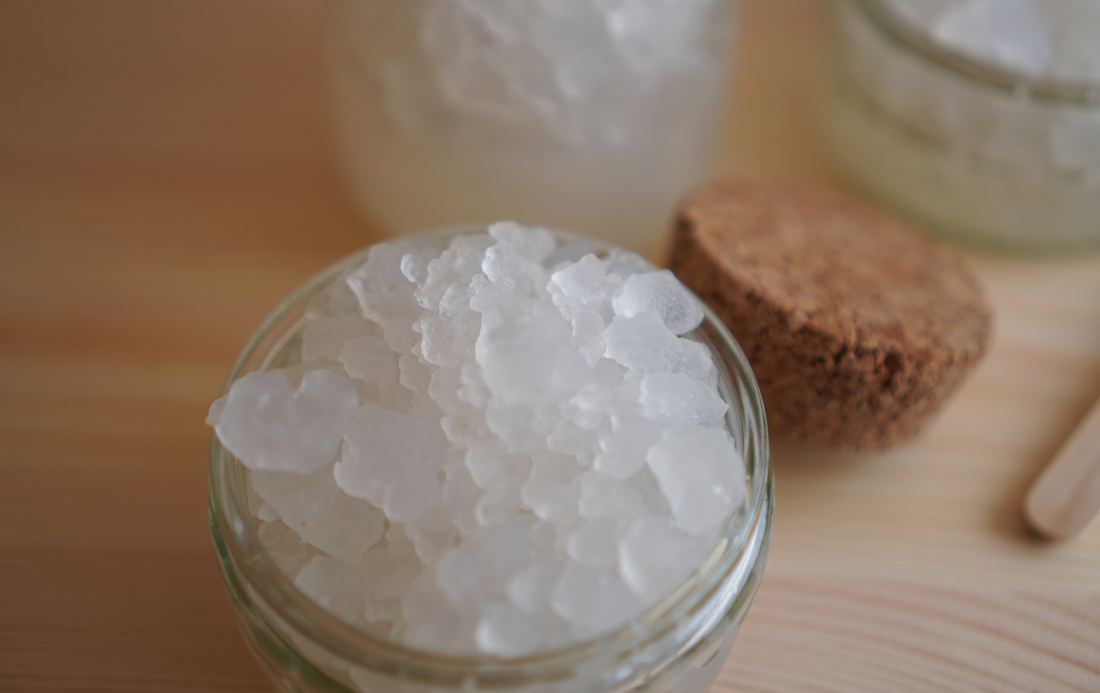
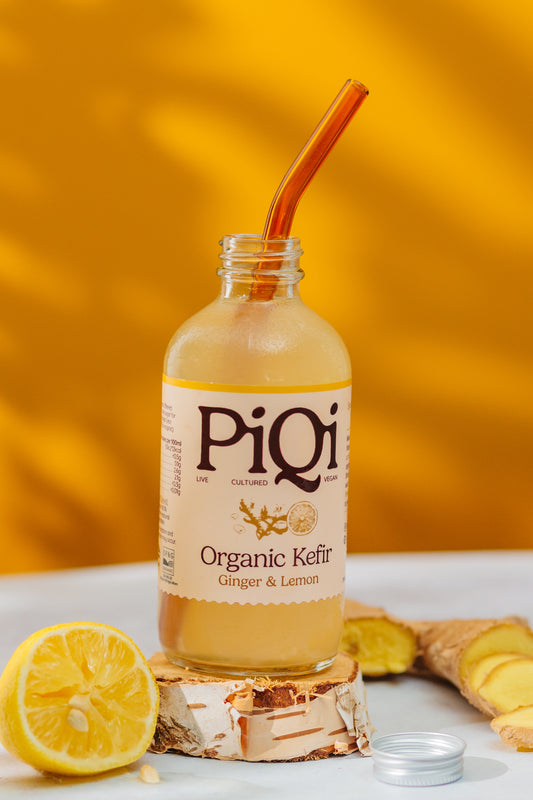
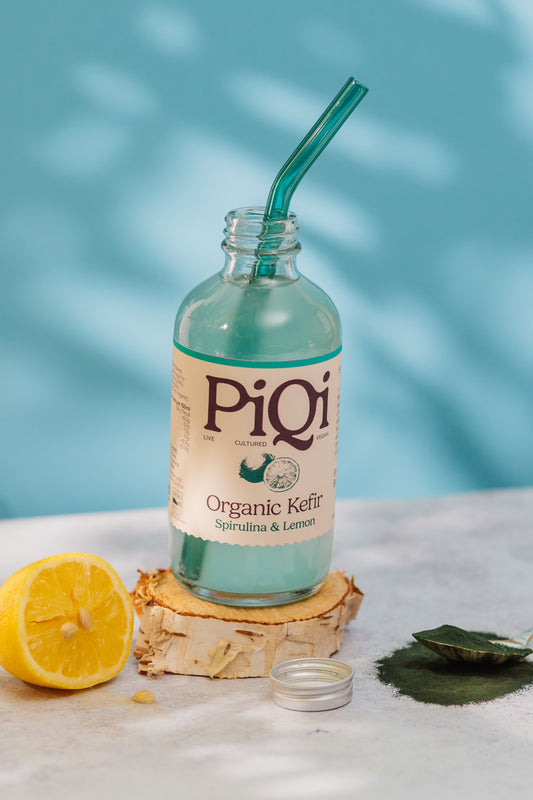
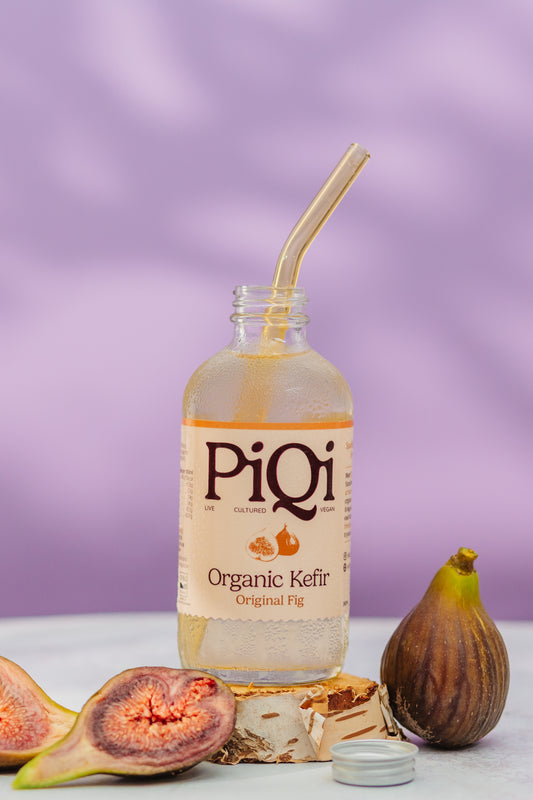
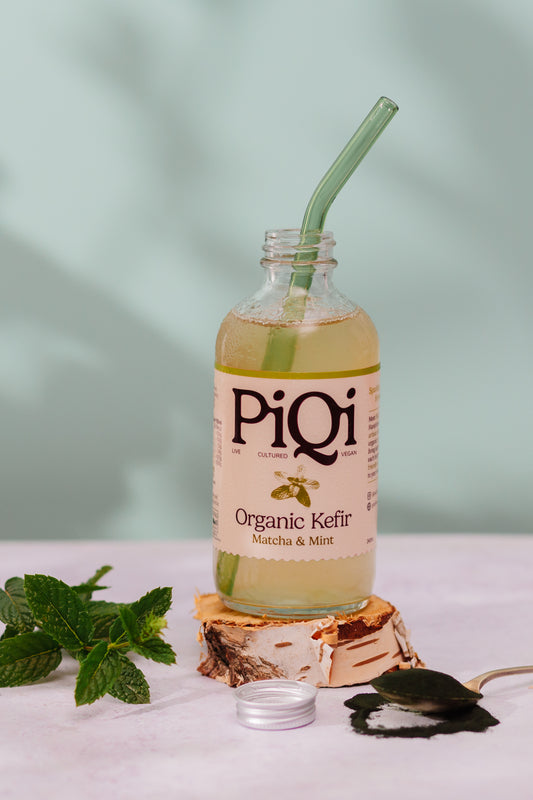
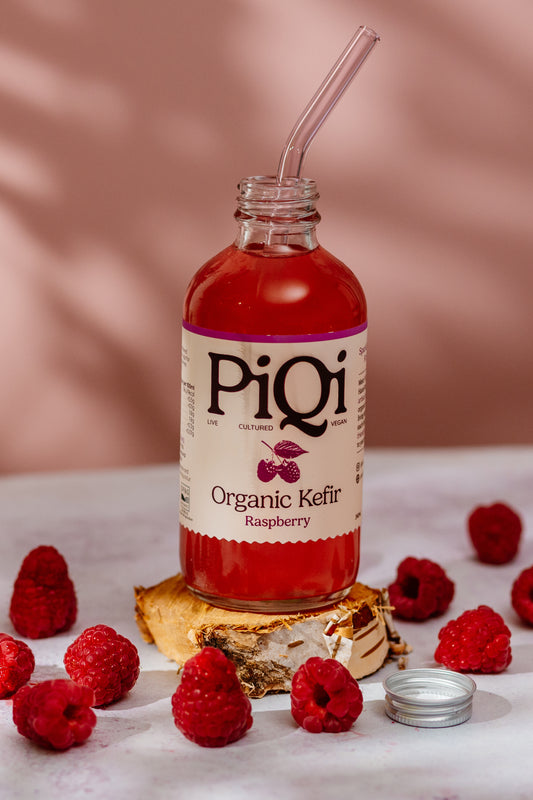
1 comment
really nice post. thanks for sharing beautiful content.